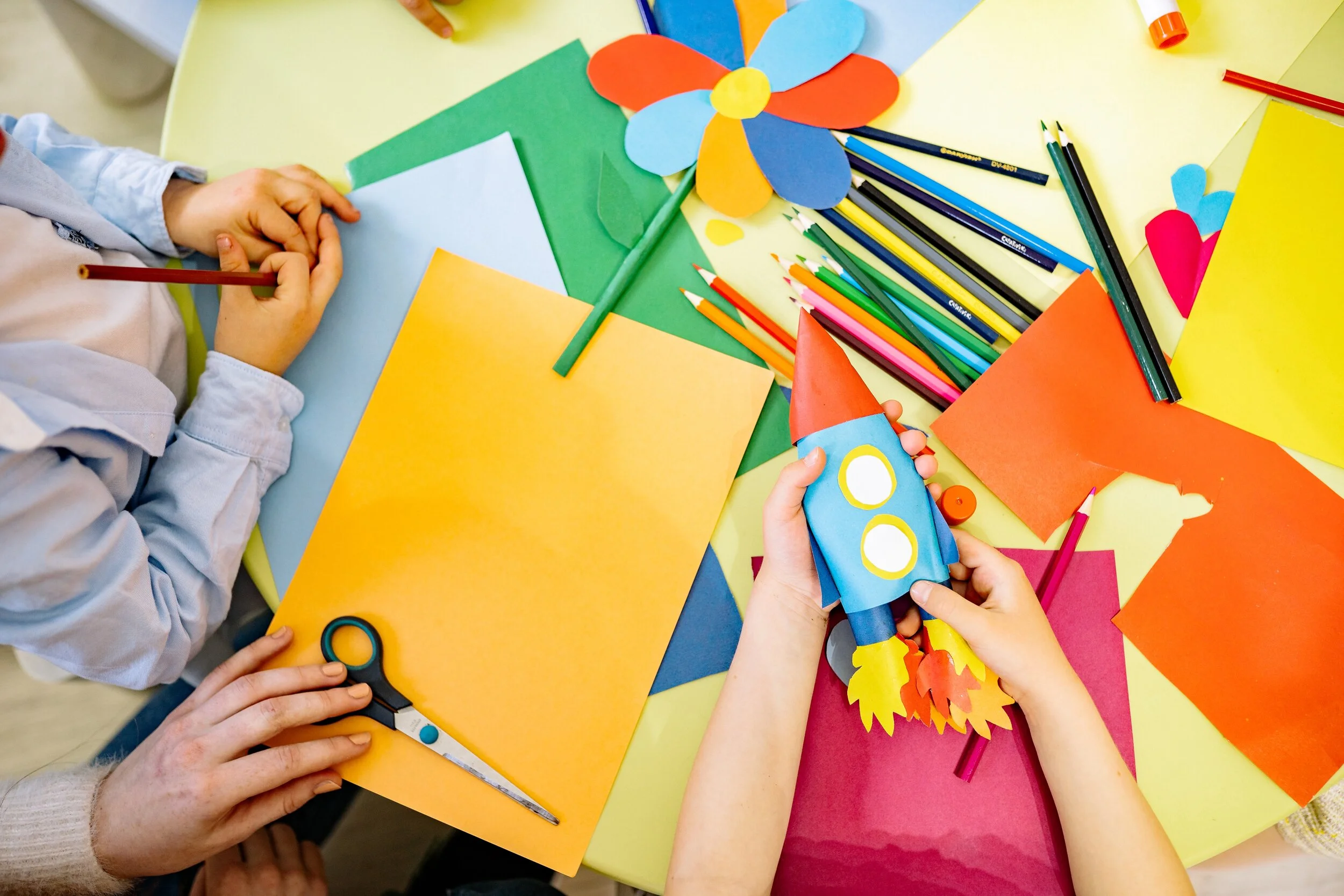If you know someone who is struggling with addiction and substance abuse issues, you must understand that it may feel difficult for them to reach out for help. In the United States alone, millions of people struggle with addiction. It is important to reiterate that they are not alone in their struggles and have a strong team ready to support them every step throughout the recovery process.
Unfortunately, addiction not only impacts the specific individual, but it can impact family and friends as well.
Addiction can cause:
Financial issues
Legal obstacles
Changes in the addict’s behavior
The sadness of seeing a loved one struggle
Understanding addiction is not an easy undertaking. Treatment options can seem overwhelming or even confusing at times. It is completely understandable that you are worried about your loved ones and want to find effective ways to help them. You must always remember that recovery is not always the perfect solution.






























